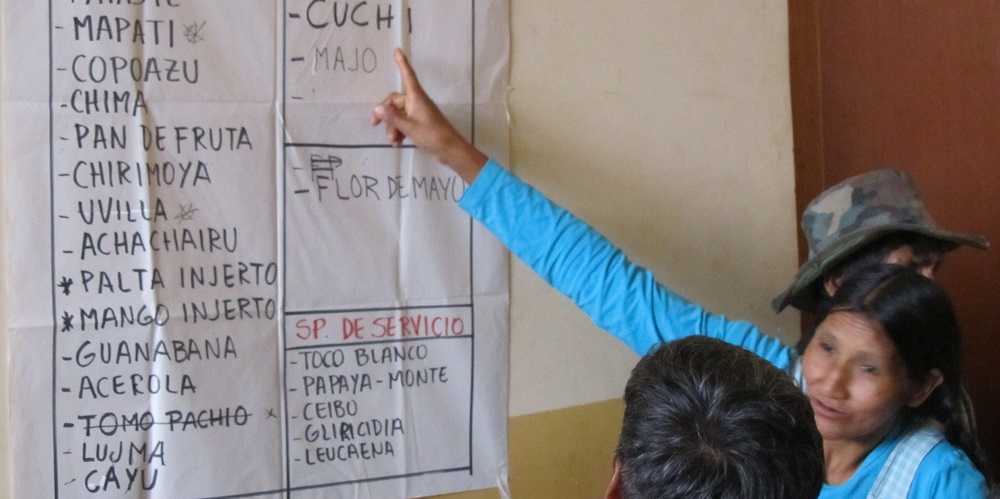Food Democracy

Does food democracy matter? Linking the deliberative quality of soy and coffee value chains to ecological “foodprints” (DELIBERATE)
Peasant communities, family farmers, rural workers, women, small-scale traders, artisanal food processors, and resource-poor consumers remain widely excluded from the decision-making processes through which agri-food value chains are governed. Deliberation – citizens’ political conversation and collective decision-making – has been described as a “partial antidote” to unequal power relations and as an important lever for rendering decision-making less power-driven. Democracy research argues that deliberation brings to the fore public goods and society’s ecological interests. However, whether and how empirical evidence supports these theoretical claims in the context of food and agriculture has not been investigated. DELIBERATE aims at understanding whether and how deliberation affects ecological outcomes (“foodprints”) of soy and coffee value chains and power asymmetries among their key actors. Specific aims are to
- determine the deliberative quality of selected agri-food value chains;
- understand the implications of varying degrees of deliberation for power relations among key actors;
- assess the selected agri-food value chains’ ecological foodprints; and
- determine how deliberative quality relates to power asymmetries and ecological foodprints.
DELIBERATE takes a mixed-methods approach. Research is organized into four streams:
- Deliberative quality, comprising analysis of soy and coffee value chains and their key actors, institutional analysis, and discourse analysis to determine deliberative spaces and deliberative quality, and
- Power asymmetries, focusing on whether and how the deliberative quality of agri-food value chains affects power asymmetries from key actors’ perspective – with semi-structured interviews, participant observation, focus groups, and document review applied in both streams;
- Ecological foodprints, comprising life cycle inventories to measure the selected value chains’ resource use intensity, land use, deforestation, greenhouse gas emissions, and waste/nutrient management, using semi-structured interviews, participant observation, as well as document and database review; and
- Integration, applying process tracing to infer causal relationships between deliberative quality, power asymmetries, and ecological foodprints.